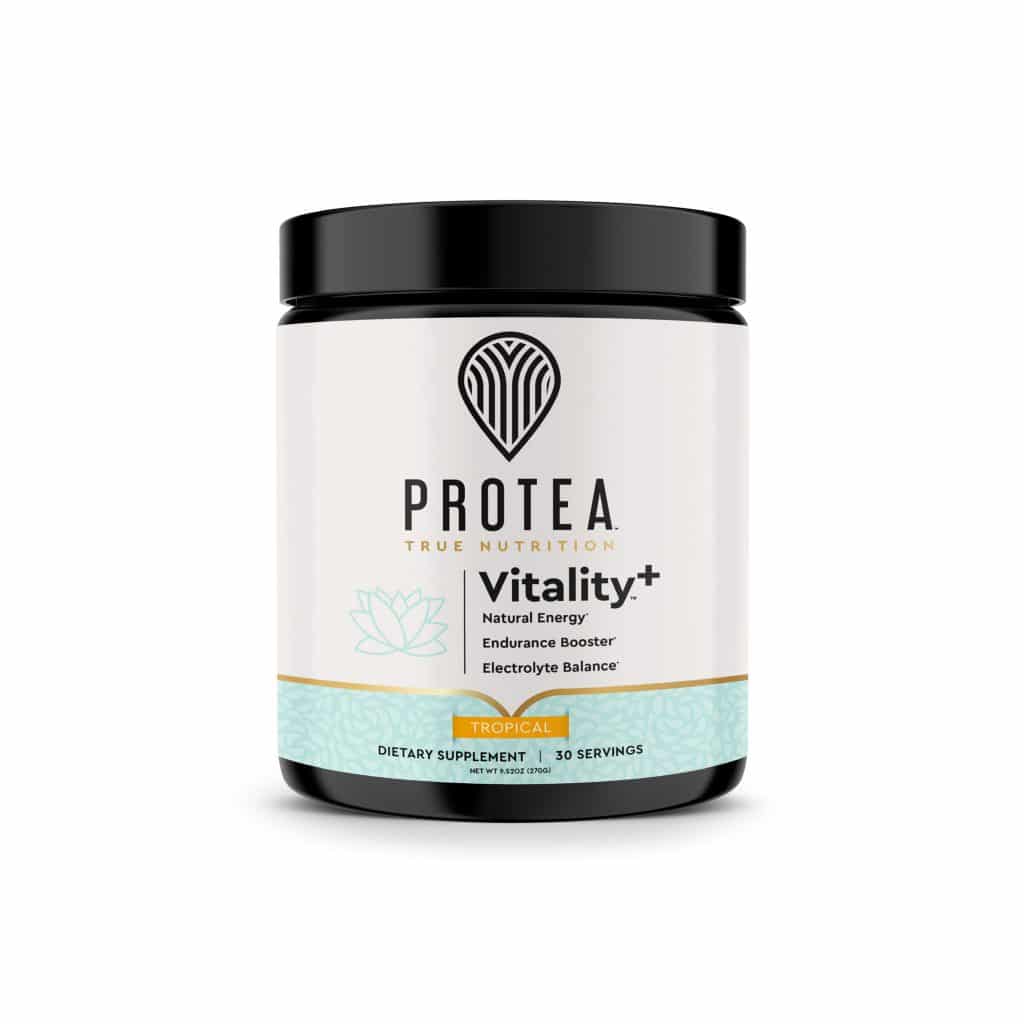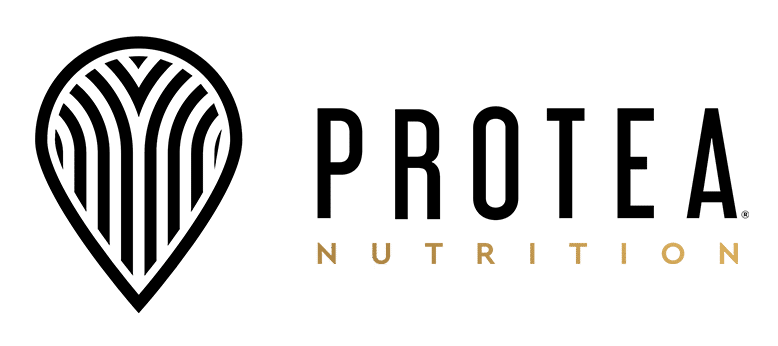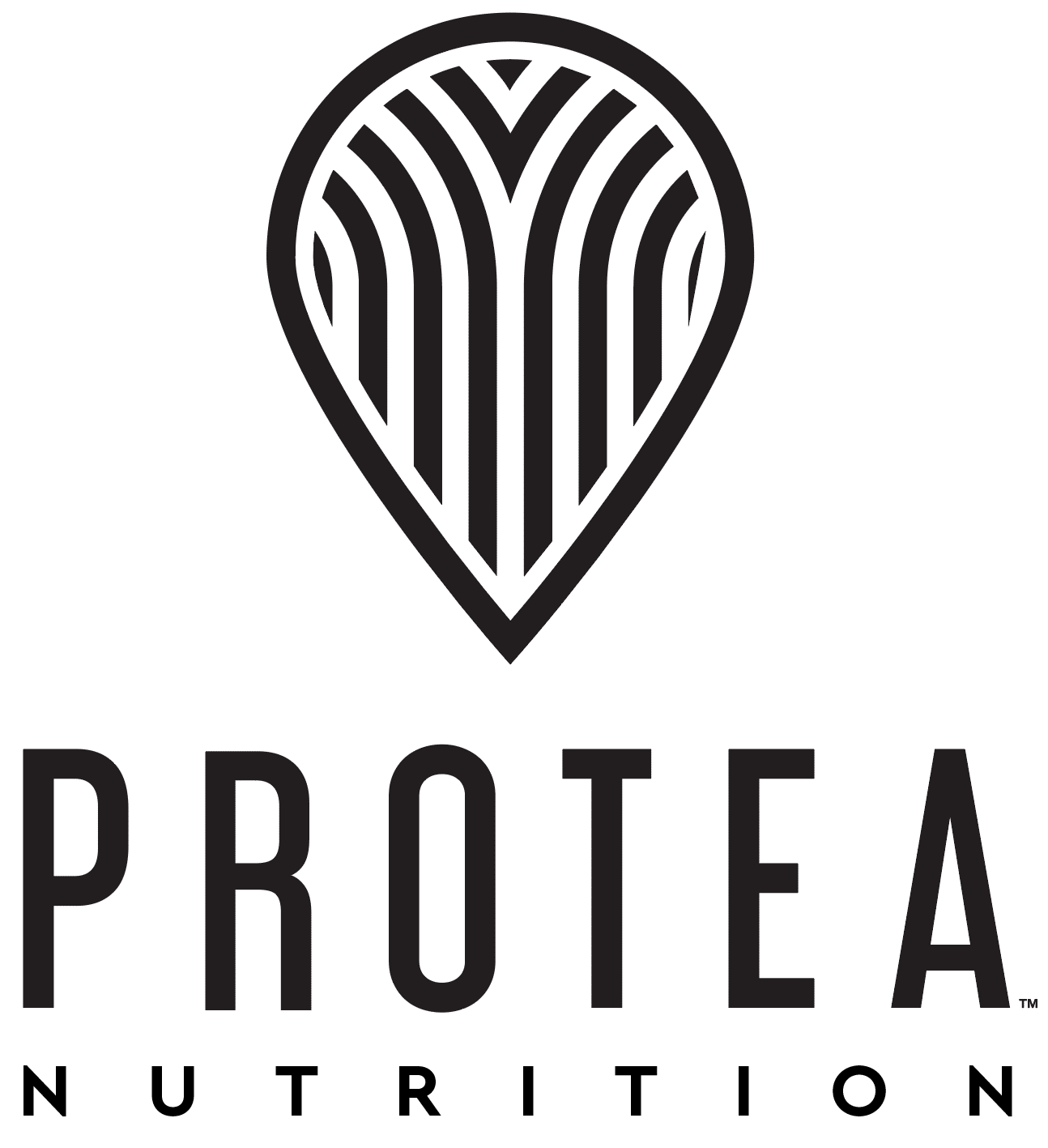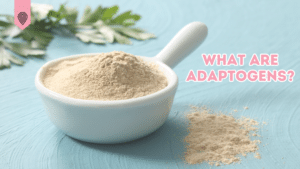You’re pregnant. Does that mean forgoing your beloved cup of joe? Let’s look at the facts.
Caffeine is a stimulant, which means it increases your blood pressure and heart rate. Both of which are not recommended during pregnancy. Furthermore, caffeine is a diuretic, which can reduce body fluid levels and lead to dehydration.
While you may be a seasoned caffeine drinker, your baby is not. Studies have shown that caffeine does in fact cross the placenta, which can cause sleep disruptions not only for you, but for your unborn baby as well.
Studies on animals show that high levels of caffeine during pregnancy can result in birth defects, premature labor, and low birth weights which can affect other health issues later in life. While there have yet to be any conclusive studies done on humans, experts have state that a moderate amount of caffeine does not seem to suggest a negative effect on pregnancy and unborn babies.
However, the term “moderate” seems to vary widely from 150-300mg of caffeine per day. The American Pregnancy Association suggest limiting caffeine as much as possible. But if you must have that morning cup, there seems to be some agreement that limiting to 200mg caffeine or less per day is acceptable during both pregnancy and while breastfeeding.
The American Academy of Pediatrics (AAP) agrees it’s safe for nursing moms to consume caffeine. However, it is important to note that caffeine does cross into breast milk, so keeping to a limit of 200mg or less is recommended. Consuming more than that can cause fussiness, trouble sleeping, or digestive issues in newborn babies.
Interesting to note the caffeine content in various food and drinks:
- Coffee, average (check the specific blend & café that you purchase from for specific levels):
- Brewed, 8 oz. | 95 – 165 mg
- Brewed, decaf, 8 oz. | 2 – 5 mg
- Espresso, 1 oz. | 47 – 64 mg
- Latte, 8 oz. | 63 – 126 mg
- 1 can of soda pop: 40mg
- 1 can (250ml) of energy drink: up to 80mg – larger cans may contain up to 160mg
- Baker’s chocolate (1 oz) 26 mg
- Green tea (6 oz) 40 mg
- Black tea (6 oz) 45 mg
- Excedrin (per capsule) 65mg
Based on the above, Protea’s Vitality pre workout, with 100mg caffeine would be perfectly acceptable for pregnant and/or nursing mothers to consume. Furthermore, the caffeine comes from green tea extract and green coffee beans, both of which are natural sources. Vitality doesn’t contain any fillers or artificial ingredients either. It is sweetened with stevia and even contains an electrolyte blend of sodium, potassium and magnesium to help keep the body’s fluids balanced and hydrated. This is something we all could use, not just pregnant or nursing mamas!
As always, be sure to speak to your healthcare provider before taking any supplements when pregnant and/or nursing.

The contents of this blog should not be taken as medical advice. It is not intended to diagnose, treat, cure, or prevent any health problem-nor is it intended to replace the advice of a physician. Always consult your physician or qualified health professional on any matters regarding your health. These statements have not been evaluated by the Food and Drug Administration. This product is not intended to diagnose, treat, cure, or prevent any disease.





